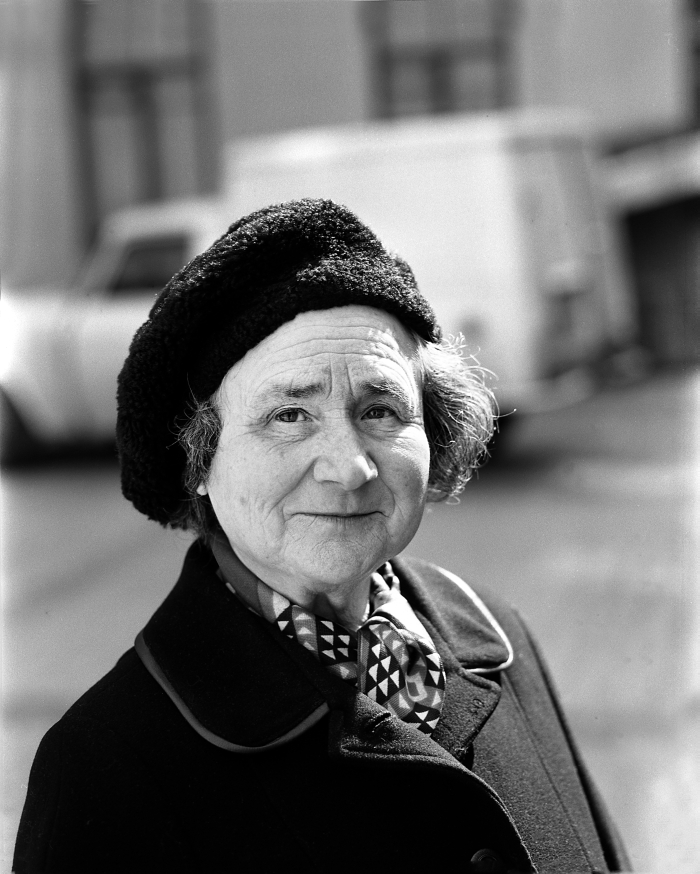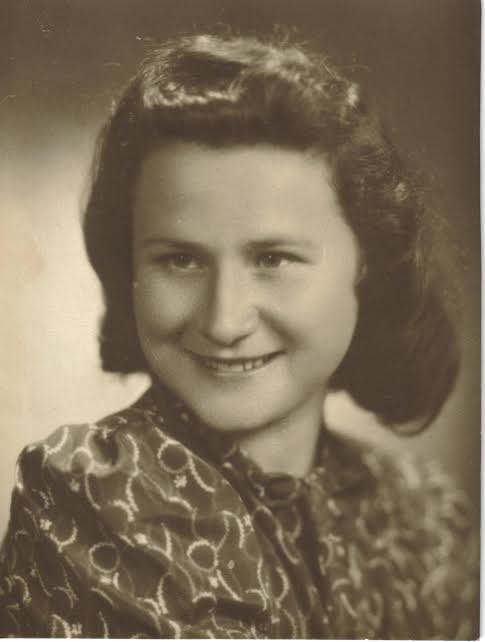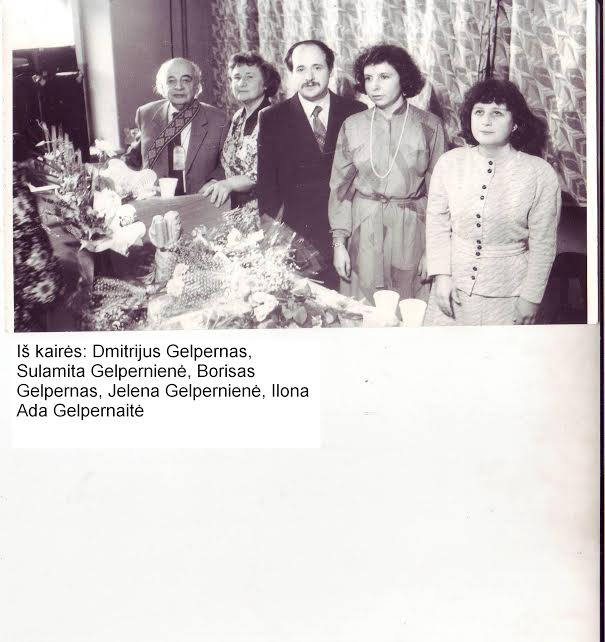
photo: Antanas Sutkus
Sulamita Lermanaitė-Gelpernienė would have celebrated her 90th birthday tomorrow, July 28. People who knew her remember her.
§§§
…After being graduated from the Vilnius Conservatory, she became a pianist, a concert performer and a concert master at the Lithuanian Conservatory.
Lithuanian Music Academy professor and cathedral head Leonidas Melnikas told [the magazine] Muzikos Barai about Sulamita Lermanaitė-Gelpernienė whom he met when he went to work at the Music Academy as a young man. The professor spoke with the reporter Asta Linkevičiūtė. An excerpt is provided below.
What sort of person, colleague, fellow worker was she?
This was a person to whom you could always go to ask for help of a professional nature, whom you could ask about something, who always sincerely offered advice. She gave advice on how to come up with a repertoire, what material to teach during the school year, how to educate students. Professional communication with her was important human communication and also very pleasant. She was an active member of the cathedral, a real patriot of the collective, she was a fan of the cathedral and the students. The people around Gelpernienė always felt her attentiveness, interest and support.
What were her exceptional features as a teacher?
She took an interest in contemporary music although she was actually a classical type of teacher, inculcating good professional skills. Further success depended on the student, whether he would be able to accomplish something, but he already had been given a strong academic base.
“This sincere, open smile always graced her lips… This was a person who radiated warmth and care, and she had a sense of humor. She was a person of high culture,” pianist V. Gaidamavičius recalls.
Gelpernienė worked at the Ąžuoliukas Music School in Vilnius from its very inception and taught children to play piano. She loved children. She used to say: “I work with children, I am happy, this gives me joy…”
Melnikas said: “Time will show who accomplished more, whose contribution was greater. Gelpernienė’s contribution is very great. Looking through the eyes of the next generation, she is like a bridge connecting our activities today with the past. Truly a chain of connections.”
§§§
The Russian newspaper Obzor also published memories of Gelpernienė in the run-up to what would have been her birthday. Excerpts follow.
The First Weapon

Sulamit Gelpernienė

The Gelpernas family, photo courtesy VVŽGM
Dedicated to the 90th anniversary of the birth of Sulamia Lermanaitė-Gelpernienė (1926-2003)
The last day of 1941. For two months now there have been no aktionen [mass murder operations] in the Kaunas ghetto. Some ghetto prisoners have calmed down, believing this will last. Others, especially young people, are ready to fight. A resistance group forms. A meeting of different group representatives takes place in one ghetto apartment. The decision is made to form a unified underground organization. One of the first tasks is to get weapons.
Members of the organization who work in the city, outside the ghetto, are able to get the metal frame of an old gun. Sixteen-year-old Sulamita Lermanaitė, who works in a work brigade in the city, is given the task of smuggling the weapon into the ghetto. The frame is delivered to her workplace.
Sulamita is able to stick the gun inside a broom with the barrel pointed downwards. She secures this by tying rags around it. The brigade returns to the ghetto and are allowed into the gate without any hindrances, and no would even suppose that one of the young girls is carrying a special cargo…
Putting the pieces of the gun together and finding wooden parts in the ghetto wasn’t a complicated matter… The young people got guns and began to learn how to shoot. So began the path of the brave girl Sulamita.
In the underground she was a message carrier and translator and carried out different tasks. She met her future husband Dmitri Gelpern in the anti-fascist organization, who was one of the leaders of the organization at that time.
She smuggled weapons into the ghetto many times. In April, 1944, Sulamita Lermanaitė fled the Kaunas ghetto and joined up with the Forward partisan unit. She marched into liberated Kaunas on August 1, 1944, with this partisan unit.
Her parents and brother died in the Holocaust…
Sulamita’s love of music was born before the war in childhood when she attended the famous pre-war private piano study of Elsa Herbek-Hansen. She lived in Vilnius after the war and was graduated in the piano class of the State Conservatory.
She studied under professor Yakov Ginzburg. She accompanied stringed instruments. For many years she worked in the classroom of famous violinist Aleksandras Livontas and played with cellist Augustas Gučas, often touring with violinist Algis Gricius. She became a teacher, associate professor at the piano cathedral.
She taught Raimondas Katilus, Virgilijus Noreika, Silvija Sondeckienė and other well-known musicians. She made working trips to Moscow, Leningrad, the Yerevan Conservatory and the Samuel Rubin Israel Academy of Music in Tel Aviv. She dedicated much of her time to academic work and collected and edited the eighth, eleventh, fourteenth and fifteenth “Young Pianist” collections, and also wrote methodological reports about M. K. Čiurlionis and K. Brunzaitė. She transcribed a J. Juzeliūnas and M.K. Čiurlionis quartet for piano for four hands. Sulamita Gelpernienė taught children to play piano for the many years she taught at the Ažuoliukas Music Academy.
There was a volunteer Jewish theater in Vilnius during Soviet times where Vilnius residents performed, and Sulamita was an active theater-goer there. Young Jews from Moscow, Leningrad and other cities came to see the concerts and plays. Having heard something of the life-story of the slight woman named Lermanaitė-Gelpernienė—about the ghetto and her experience as a partisan—many wanted to meet her in person. She never refused. Once during a meeting a young woman from Leningrad asked her whether there had been anti-Semitism among the partisans during the war. “Yes,” Sulamita said tersely.
During the Soviet era it took courage to make such direct and specific statements, and courage is an eternal value…
by Chaim Bergman, professional tourist guide, Kaunas

